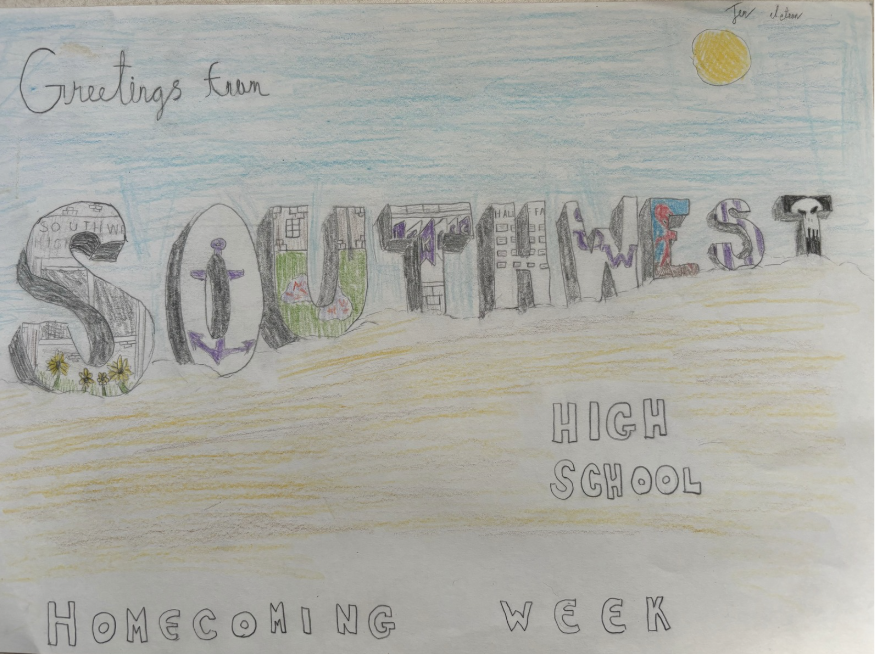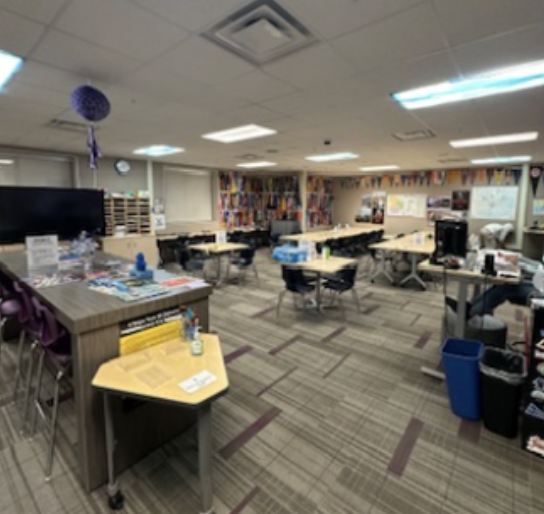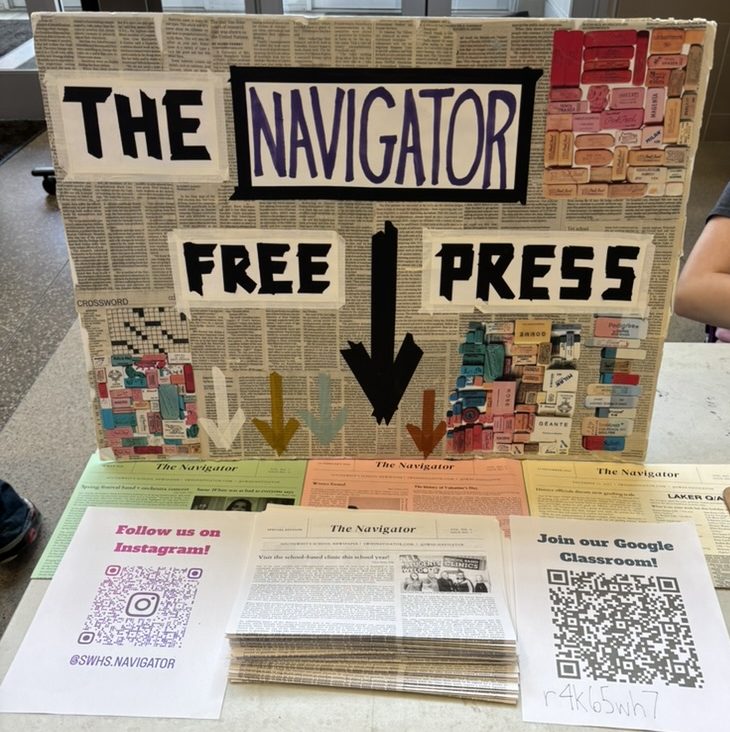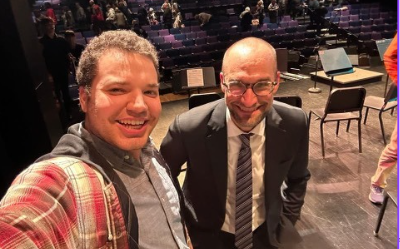In July of 2024, the Minnesota State Legislature passed a new law requiring schools to adopt a “comprehensive cell phone policy,” by March 15 of the next year. A Cell Phone Toolkit was released to schools, which were required to create a solution that would not allow “Cell phones during the school day.” According to the Toolkit, some reasons given for the ban during the school day were phones’ effect on student learning, its influence on student’s mental health, and phones disrupting the classroom environment, leading to higher rates of cheating and more connections to teachers and peers. Ultimately it would be turned over to the schools, who had to make their own decisions about how to pursue a policy that would follow the rules laid out by the state. Southwest would respond by implementing a policy many High Schools have adopted. Instead of an outright ban on campus, as some elementary and middle schools are doing, a pocket system has been introduced, whereby students set away their phones into numbered sleeves on the wall, able to be accessed if needed by the student. This system allows a certain amount of autonomy, and the admin has stated that they trust their students enough to implement a more lenient system for cell phone control.
Student reception to the policy has been mixed. Nathan Saldivar Ponce (‘25), thinks that it’s an overall positive change, with a couple of caveats. “I feel like it in a way it’s good, but there’s many downsides.” He believes that the phone policy “feels like the school doesn’t trust us,” and that it forces phones to be put away in a blanket rule that punishes those who use their phone responsibly as much as those who are constantly on it. “ I know it sounds harsh, if you need to have your phone away to concentrate in class you don’t deserve a phone.” He feels as though there are moments where having the phone put away can actually take away from his enjoyment at school, such as situations where his teachers have assigned little work, and he doesn’t have his phone to pass the time on. “Even when I’m done with homework, I just sit there with nothing else to do.”
Stewart Ford (‘26) thinks that the new policy is helpful as well. “Last year I was struggling a little, locked out just not concentrating, I was just on my phone a lot. This year I’ve just been able to focus on my school work.” He finds it inconveniences him most when he needs to reach out to somebody quickly, and he cannot wait until after school. “It most inconveniences me when I have to contact somebody. Like for example, I got my rehearsal schedule, and I had to contact my manager to try and fit my rehearsal schedule with my work schedule.” He finds it has impacted his learning through attendance, as most of his classes have turned to track attendance exclusively through the number of phones in the cubbies.
Bennett Wilson (‘26) thinks that while the policy is generally a good change, there is room for improvement. “I think that the phone policy isn’t really bad, but there could be some changes to it.” He laments that, even though “My phone has never really been a problem…I do like going on it when I have finished my work, and now I can’t do that.” His biggest concern is that teachers are unfairly limiting the use of his phone even in situations where he isn’t directly doing schoolwork. “The new policy could be changed so that teachers can allow people to have their phones after they finish work or during other ‘free times,’ and I think listening to music should be allowed.” Despite this, he believes that “besides the small inconveniences, it does help me focus on some stuff more because I can’t go on my phone.”
Overall, reactions to the new policy have been mixed. It seems like while most likely dislike the policy, they understand it, and are able to see how it helps their focus during class. While the district has taken a pretty relaxed approach, it seems that students are still eager to see some kind of change. Only time will tell how the district will respond.











